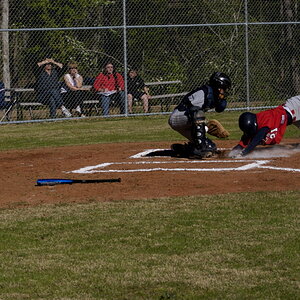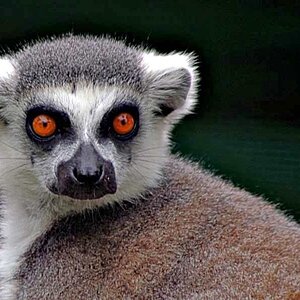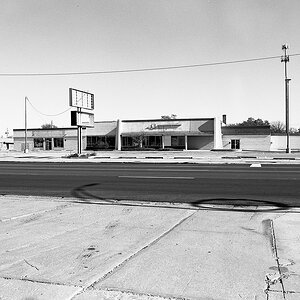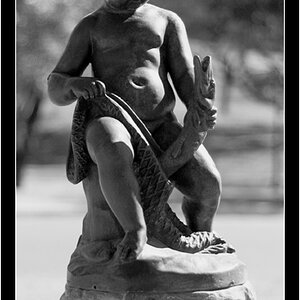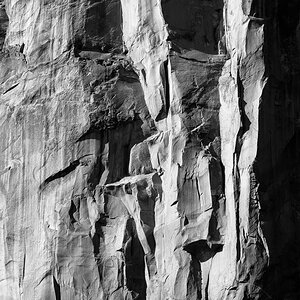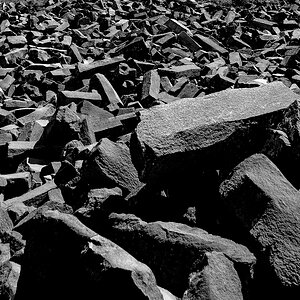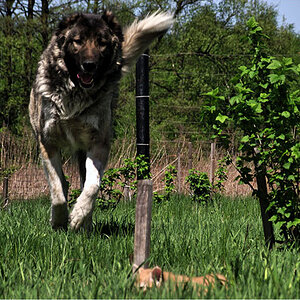Goldcoin79
TPF Noob!
- Joined
- May 23, 2012
- Messages
- 152
- Reaction score
- 2
- Location
- Uk, Hemel Hempstead
- Can others edit my Photos
- Photos OK to edit
I have just got to the stage with my photography where I have started using RAW instead of setting the camera to JPEG so I can make adjustments to all the things that a RAW file allows you to do.
The first time I did this I was amazed by how much you could make a picture look better and the control you had over the exposure, white balance and shadows etc. This did lead me to question weather there was more skill in getting it right shooting in JPEG than some one who doesn't need to worry about getting the exposure and white balance right because they know the can correct it because they have shot in RAW. I totally understand why it can be said it is better to shoot in RAW because of the control you have after but could you not get a not so good photographer who as long as he gets the focus correct and maybe the depth of field they can just rely on correcting everything else in post.
The other question this subject has lead me to question, is how much post processing is to much? I understand most pictures can benefit from a bit of editing but I also get pleasure when I have set the camera up myself to get the image I was aiming for and the exposure looks good.
Photo editing is in itself a skill and needs knowledge but my main interest is in taking the photos and getting the setup and settings right to get the image I'm aiming for. So when would you say a photo is edited to much to the point that it covers up a lack of photography skills?
I am interested in your views on this discussion as it has been going round in my mind for a few days now.
James
The first time I did this I was amazed by how much you could make a picture look better and the control you had over the exposure, white balance and shadows etc. This did lead me to question weather there was more skill in getting it right shooting in JPEG than some one who doesn't need to worry about getting the exposure and white balance right because they know the can correct it because they have shot in RAW. I totally understand why it can be said it is better to shoot in RAW because of the control you have after but could you not get a not so good photographer who as long as he gets the focus correct and maybe the depth of field they can just rely on correcting everything else in post.
The other question this subject has lead me to question, is how much post processing is to much? I understand most pictures can benefit from a bit of editing but I also get pleasure when I have set the camera up myself to get the image I was aiming for and the exposure looks good.
Photo editing is in itself a skill and needs knowledge but my main interest is in taking the photos and getting the setup and settings right to get the image I'm aiming for. So when would you say a photo is edited to much to the point that it covers up a lack of photography skills?
I am interested in your views on this discussion as it has been going round in my mind for a few days now.
James


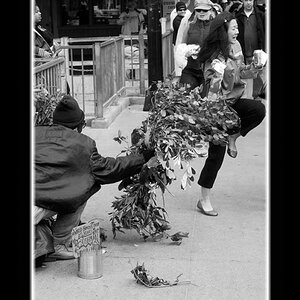
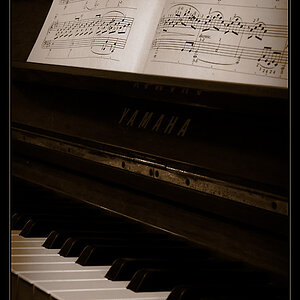
![[No title]](/data/xfmg/thumbnail/37/37603-739c5d9b541a083a12f2f30e45ca2b7b.jpg?1619738147)
![[No title]](/data/xfmg/thumbnail/35/35880-9a6926237907ab72b42781d9a09698a6.jpg?1619737209)
